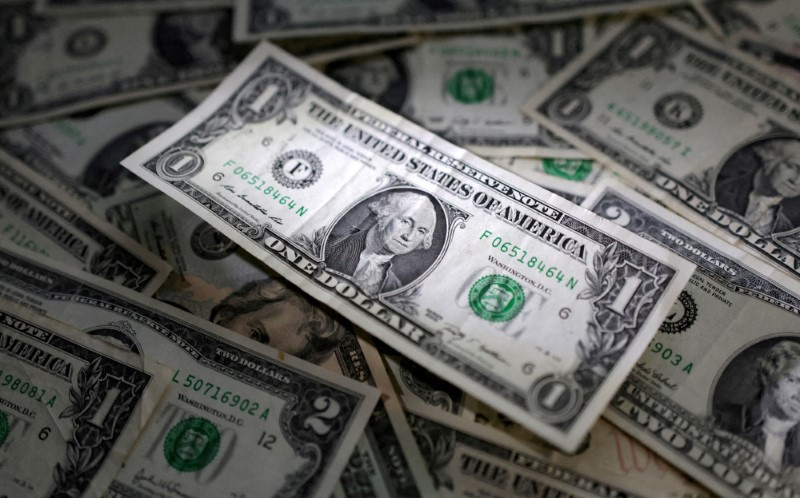(Reuters) - Global equity funds registered their fifth weekly outflow in a row in the seven days to Oct. 18 hit by the persistent rise in U.S. bond yields with strong economic data heightening expectations of sustained high interest rates.
Investors were also worried about the risk of widening conflict in the Middle East as they divested $7.7 billion worth of global equity funds during the week, extending the ongoing selling streak.
U.S. benchmark yields surged after consensus-topping retail sales data on Tuesday added to evidence that the United States economy is chugging along despite the Federal Reserve's efforts to curb inflation through interest rate hikes.
U.S. and European equity funds witnessed net withdrawals of$4.57 billion and $4.12 billion, respectively, while Asian funds obtained about $1.43 billion worth of inflows.
Sectoral equity funds saw an exodus of $2.05 billion, marking the sixth consecutive week of outflows. Utilities, tech and healthcare sectors were particularly affected, with outflows of $920 million, $803 million, and $762 million, respectively.
On the other hand, global bond funds received a modest $80 million in inflows for the week, a notable drop from the $1.13 billion in net buying the previous week.
Investors allocated $1.95 billion to government bonds and $127 million to corporate bond funds. However, high-yield funds saw a persistent outflow of $2.73 billion, marking the sixth consecutive week of decline.
Meanwhile, investors pulled out a massive $97.51 billion from money market funds after two straight weeks of aggressive purchases.

Data pertaining to commodity funds revealed that investors withdrew $1.02 million from precious metal funds, marking the 21st consecutive week of outflows. Energy funds also experienced net selling, amounting to about $25 million.
For emerging market (EM) funds, data covering 28,669 funds showed a net disposal of $2.41 billion from EM equity funds during the week, marking the 10th consecutive week of outflows. Additionally, $657 million left EM bond funds, although this was the lowest amount in five weeks.